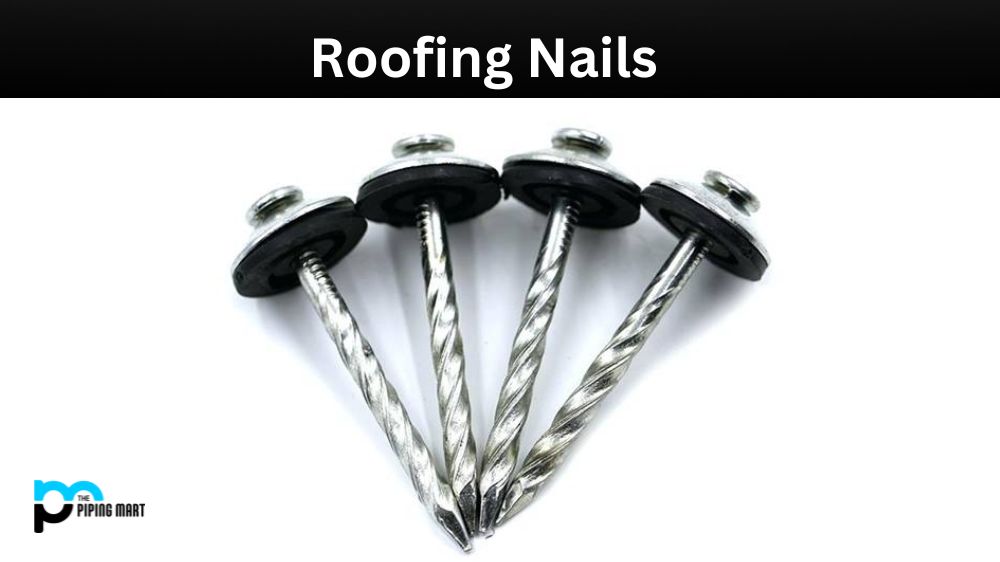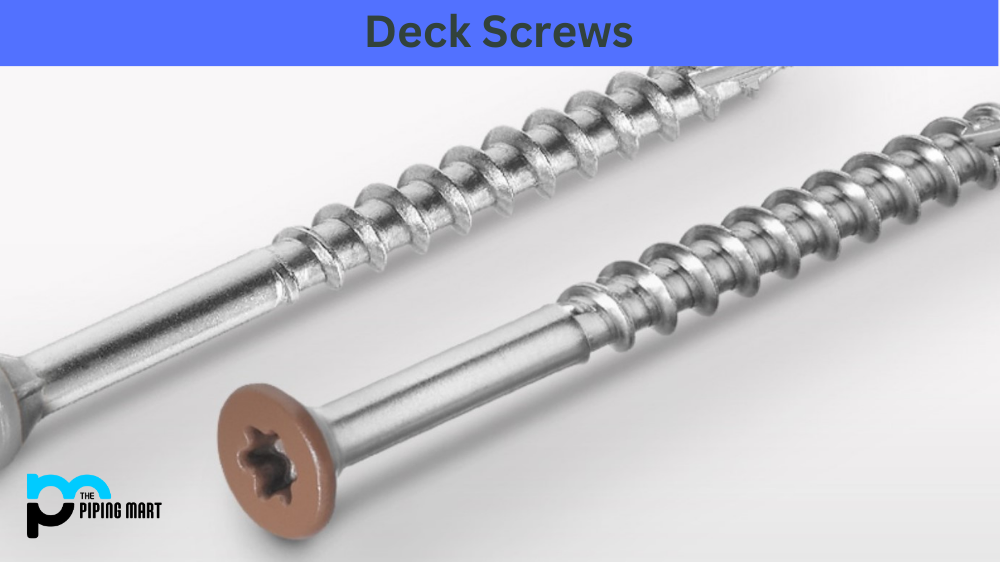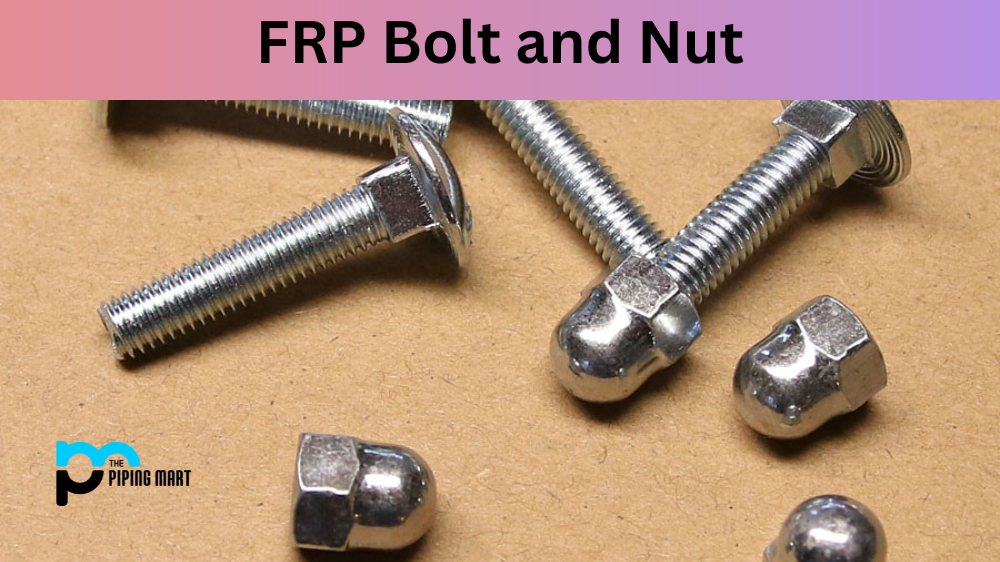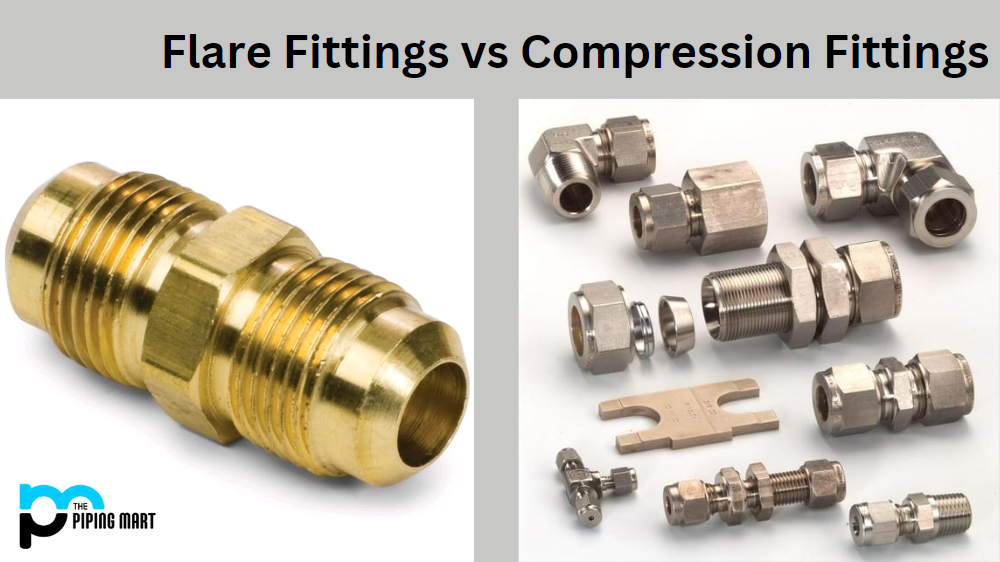Regarding roofing, the little things matter a lot. One of those little things is the type of nail that you use to secure your roof. While it may seem like all nails are created equal, the truth is that they come in various shapes, sizes, and materials, each with pros and cons. In this post, we’ll examine the different types of roofing nails available and their recommended uses.
Types of Roofing Nail:
Common Nails –
The most common type of roofing nail is used to secure asphalt, fibreglass, and felt roofing materials to wooden decking. These nails are usually made of galvanized steel and have a smooth shank, meaning they don’t have any threading. Common nails are best suited for non-structural roofing applications because they have a larger head and don’t penetrate the decking as deeply as other nails.
Roofing Nails –
As the name suggests, roofing nails are specifically designed for roofing applications. They are similar to common nails in that they have a smooth shank but are typically shorter and have a larger head. Roofing nails are made of either galvanized steel or aluminium and attach asphalt shingles, wood shingles, and tiles to a roof’s decking. They are also suitable for attaching metal roofing sheets to wooden decking.
Cap Nails –
Cap nails are similar to roofing nails but have a larger head fitted with a plastic or metal cap. The cap provides additional holding power and helps to protect the nail head from rust and corrosion. Cap nails are typically used to secure house wrap or felt paper to wooden decking in preparation for roofing installation. They are also commonly used to attach insulation boards to a roofing deck.
Coil Nails –
Coil nails are used with pneumatic nail guns and are ideal for high-volume roofing applications. These nails come in coils of 120 to 300 nails and have a ringed or threaded shank that provides excellent holding power. Coil nails are available in galvanized and stainless steel and are suitable for attaching asphalt shingles, wood shingles, and tiles to a roof’s decking.
Stainless Steel Nails –
As the name suggests, stainless steel nails are made of stainless steel, which makes them highly resistant to corrosion and rust. These nails are typically used in coastal areas where salt and humidity can quickly rust nails made from other materials. Stainless steel nails are suitable for attaching metal roofing sheets, asphalt shingles, and tiles to a roof’s decking.
Conclusion:
In conclusion, choosing the right type of roofing nail is essential for a secure and long-lasting roof. When selecting nails, consider the material you’re working with, the roofing application, and the environmental conditions in your area. By selecting the appropriate type of nail, you can ensure that your roof is secure, weather-resistant, and durable for years.
Rachana is a dedicated and ambitious young woman who has made a name for herself in the metal industry. From her earliest days in the industry, Rachana showed a natural talent for problem-solving and a keen eye for detail. In her free time, She enjoys reading up on the latest advancements in the industry, as well as exploring new ways to innovate and improve upon existing processes.




